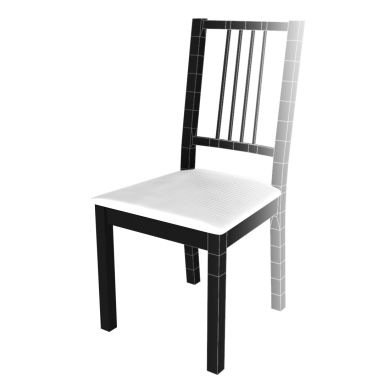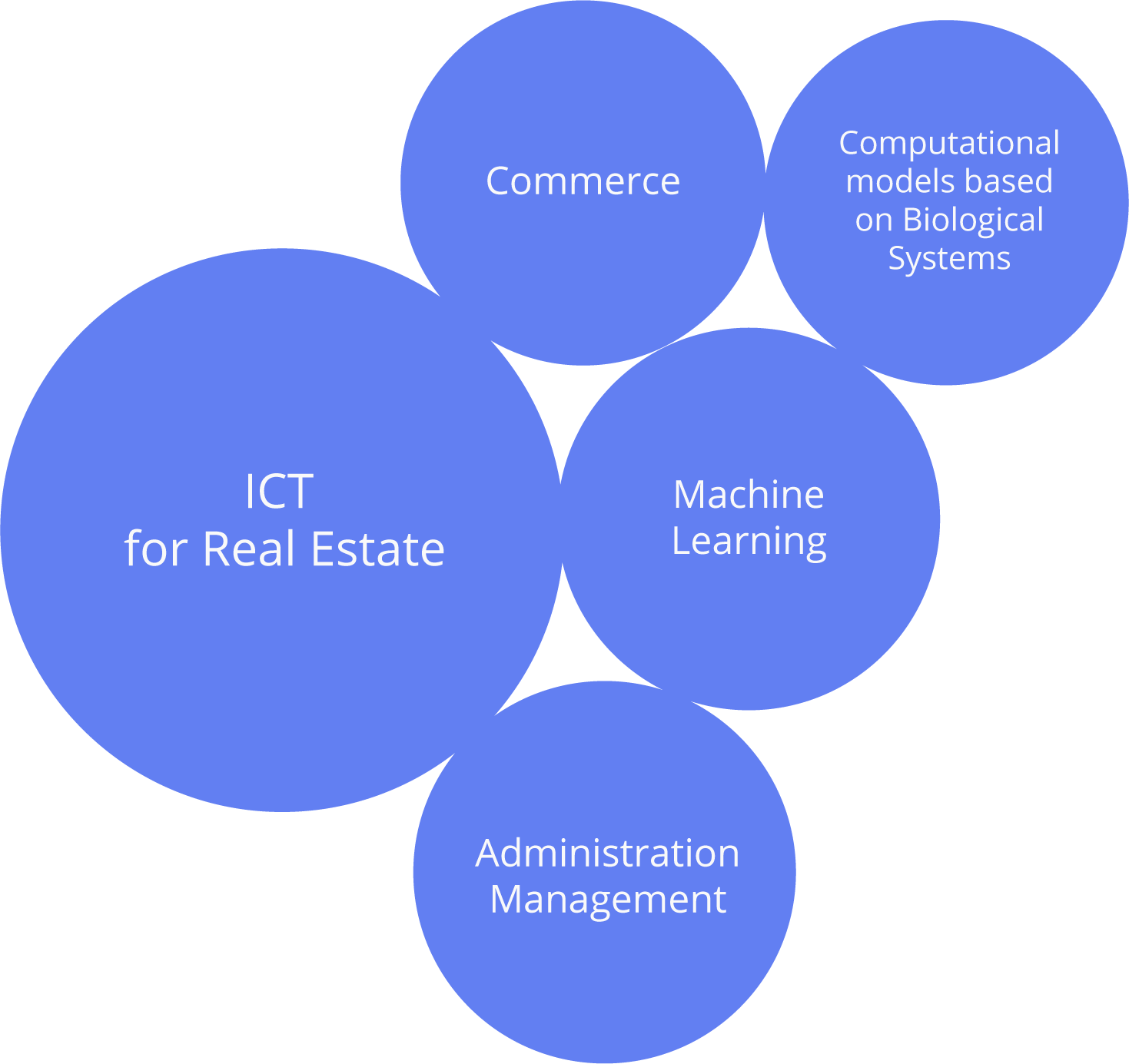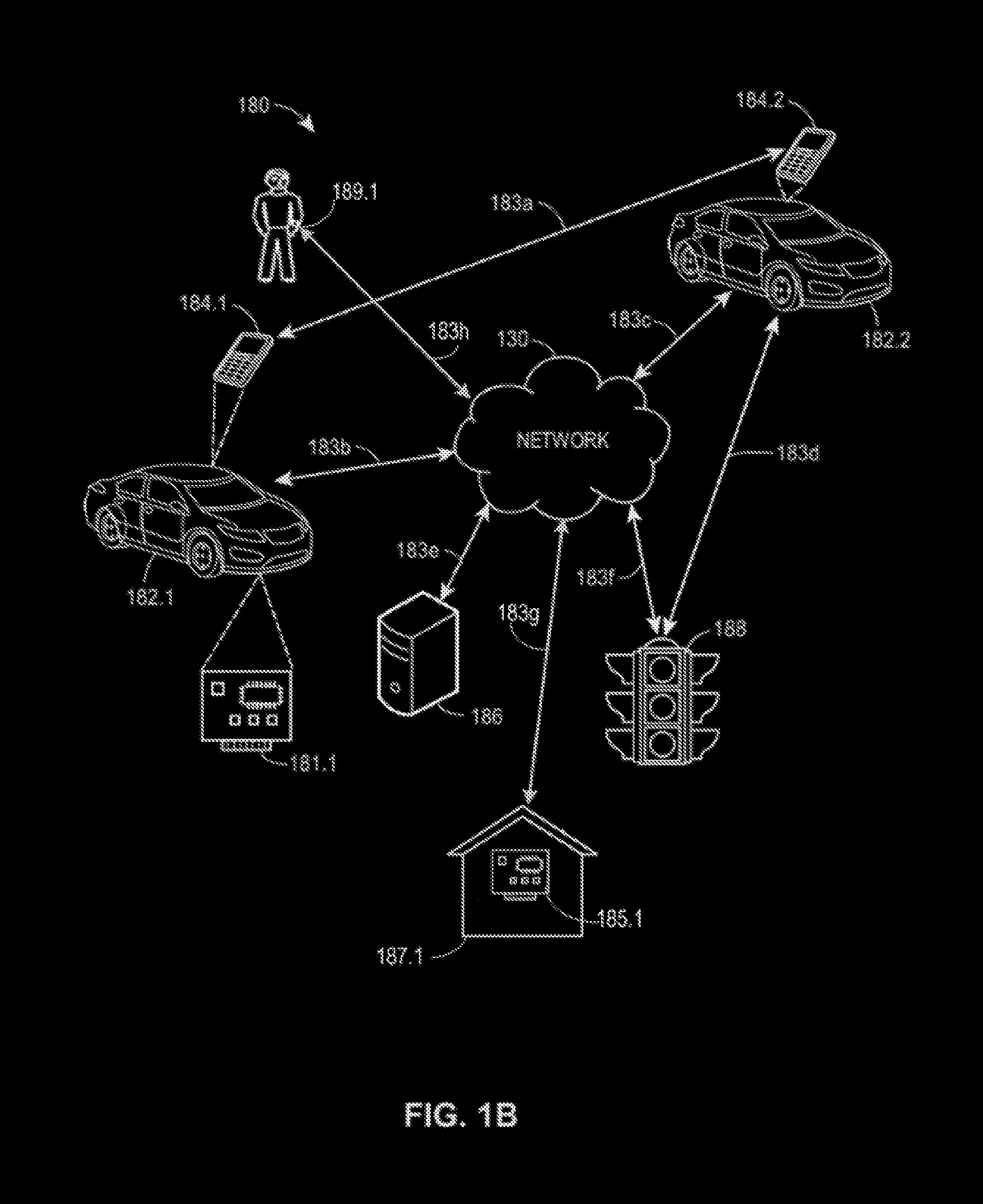IFI CLAIMS Technology Spotlight: AI and the Real Estate Sector
Location, location, location is the most important rule of real estate. Comparable properties can have widely divergent values based on where they are situated. Quantifying the value of the bricks, mortar, shingles and steel that comprise the industry of real estate has long been a human-centered endeavor. But patent activity shows companies are increasingly harnessing the power of AI to make real estate “smarter” for the end user. Decades from now, could the
mantra change to AI, AI, AI?

Like a Smart Patenter, State Farm Is There at the Top
As the largest property and casualty insurer in the U.S., State Farm is in the business of backstopping dwellings and autos. As such, it’s in the company’s interest to mitigate real estate loss, and State Farm is the top AI patenter in the sector over the past five years. One of its patents, still pending, is a system for automating property assessment using roof loss property scores. The system takes in information about the building structure, the roof, the weather, and hail to generate a “probable” loss score and subsequent underwriting data.
Top Companies Patenting in AI and Real Estate
AI Patent High Rise
Over the past ten years, AI patent applications and grants in the real estate sector have climbed overall, even as the last year of applications data shows a step down. The ten-year compound annual growth rate for AI grants is 39.4%; for applications in the area, the growth rate is 29.7%.
Grant & Application Trends of AI in Real Estate
AI Technologies Behind the Real Estate Sector Door
As an industry, real estate is a house of many doors. So AI patents cover an array of technologies. In 2021, real estate marketplace company Zillow, architect of the much-followed Zestimate, was granted a patent for automatically determining the market rental rate for properties which fall under the commerce class. In the same year, State Farm applied for a patent covering a light detection and range system that could, for instance, generate a list of insurable assets such as personal belongings. This patent embraces technologies under the administration management area.

House Specialty
Patent applications are the best indicator for what companies are pursuing right now. When counting AI patent applications in the real estate industry over the past year, insurance carrier State Farm is covering lots of AI patent ground, including ICT systems, finance, commerce, and machine learning. Autodesk, a software maker for the architecture, engineering, and construction industries, among others, covers computer-aided design, computing based on biology systems, and interfacing for data transfer.
Top Patented Technologies
Damaged Control
One thing that makes real estate investing attractive is that property can’t be lost or stolen. It can, however, be damaged, and as such needs monitoring and protection. Over the past five years, the most cited patent in the realm of AI and real estate is a component malfunction assessment, filed by State Farm in 2017, which is a method for detecting and responding to mishaps in the mechanisms of devices that keep watch in smart homes or autonomous vehicles. The patent is currently assigned to Hyundai Motor and Kia Corp, and has been cited nearly 1,000 times by the likes of such companies as Allstate, Intel, GM, Bosch, IBM, Toyota, GE and Google. The number of citations is a strong indicator of how important an invention is. This particular invention monitors the smart home or car for an unusual condition to determine whether a damaging event has occurred or whether a component in the device has deteriorated and needs repair.
